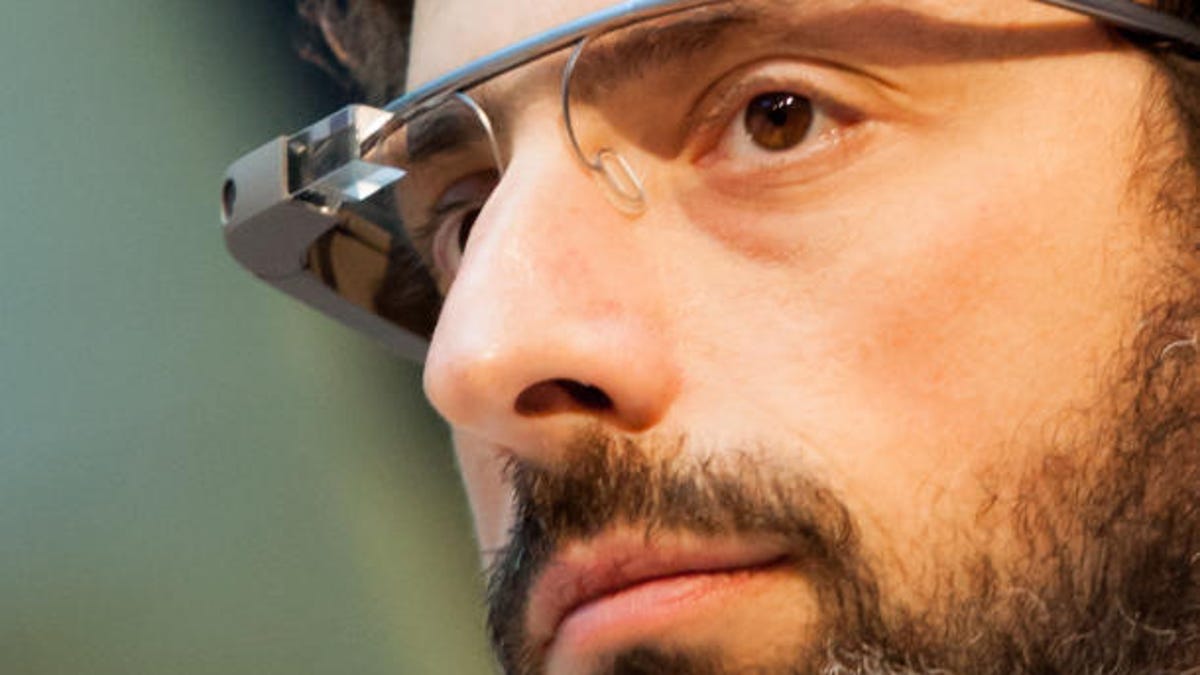People growing more hip to wearables, NPD study finds
More than half of those polled said they are aware of wearable tech devices and a third of those respondents said they're likely to buy one, according to the research firm.

Smart glasses, smartwatches, and other wearable tech gadgets are ekeing out more interest among consumers.
A hefty 52 percent of people recently polled by the NPD Group said they're aware of wearable technology devices. And among those, a third said they're likely to buy one.
The smartwatch proved to be the most well-known type of wearable gadget with 36 percent of people familiar with them. But given the limited number of such devices on the market, only 23 percent said they'd be likely to buy one. Making and receiving phone calls was cited as the top reason for getting a smartwatch, followed by listening to music and tracking your fitness.
Consumers said they'd be turned off by smartwatches too big or bulky as well as those with a short battery life or fragile screen. And $300 would be about the maximum price they'd expect to pay to wear one on their wrist.
Smart glasses, such as Google Glass, were known by 29 percent of those polled. But among them, only 20 percent expect to buy the device. People cited phone calls, Web browsing, and shooting photos and videos as the most popular reasons for adopting such a gadget.
Wearable fitness trackers, such as the Fitbit and Jawbone Up, earned recognition among one in three of those surveyed. And out of that crowd, 28 percent expressed interest in buying such a device.
Counting calories was cited as the top reason for buying a fitness tracker, followed by tracking the number of steps walked in a single day.
"The digital fitness category has grown to over $330 million," NPD analyst Ben Arnold said in a statement. "The market is now large enough to accommodate a variety of products aimed at all levels of athlete -- from serious performance-minded consumers to hobbyists -- a sure sign of maturity."

